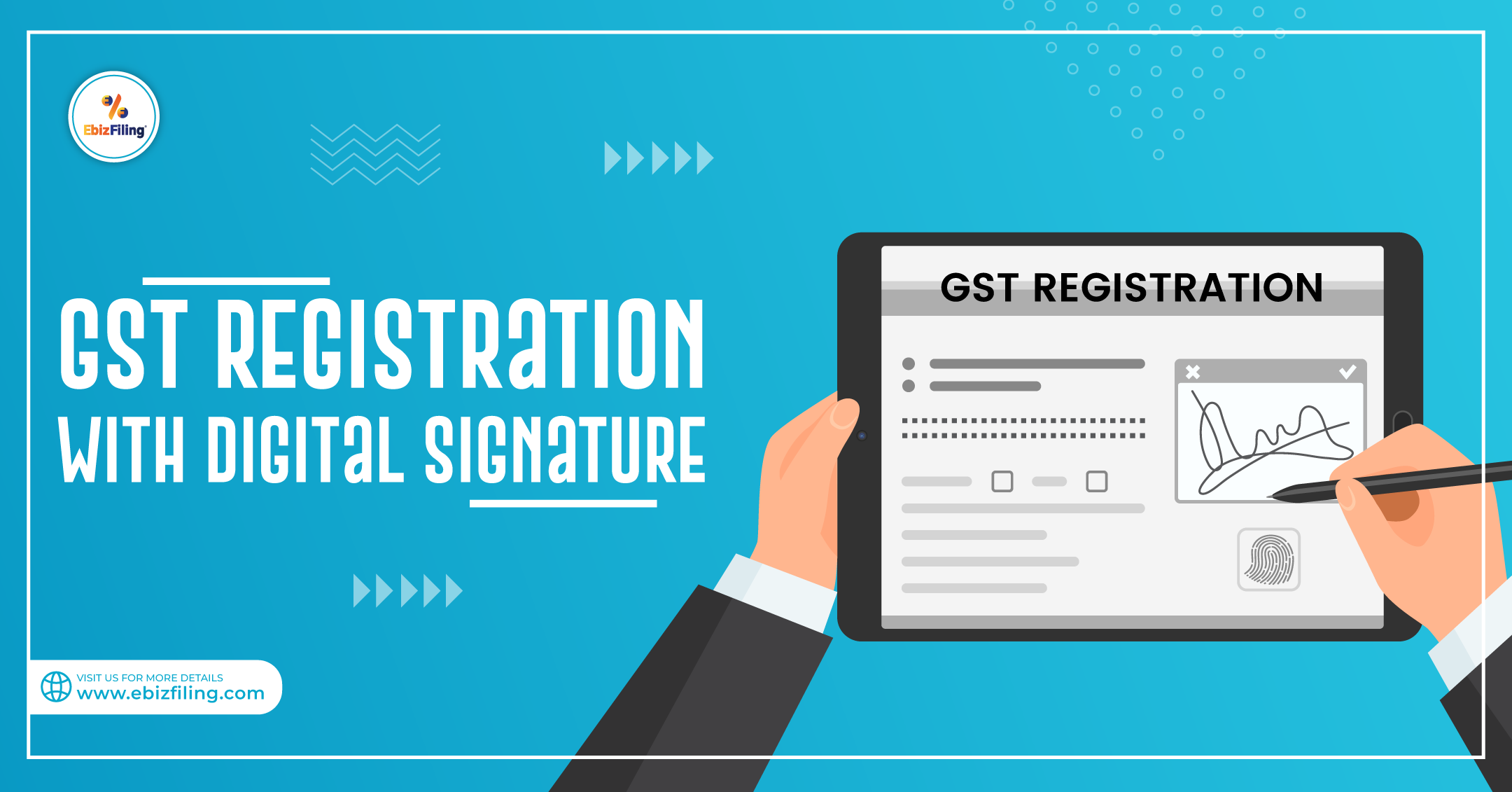Leading Tips for a Smooth Singapore GST Registration Experience
Leading Tips for a Smooth Singapore GST Registration Experience
Blog Article
The Ultimate Overview to Simplifying the GST Enrollment Refine and Needs for Small Service Owners

Understanding GST Fundamentals
To realize the fundamentals of the Goods and Provider Tax Obligation (GST) system, little business proprietors must initially understand its underlying principles and ramifications. Under the GST regime, companies are called for to sign up and collect tax obligation on behalf of the federal government, making certain openness and compliance.
One of the essential concepts of GST is input tax obligation credit history, which allows companies to assert credit rating for tax obligations paid on their purchases. Comprehending these standard concepts is critical for tiny company proprietors to navigate the intricacies of the GST system and ensure compliance with the law.
Qualification Standards for Enrollment
Having developed a foundational understanding of GST concepts, small service owners must now satisfy certain qualification requirements to continue with the registration process (Singapore GST Registration). Businesses that were signed up under the previous tax obligation routine (BARREL, service tax obligation, etc) are also mandated to register under GST. Agricultural businesses that just supply generate out of primary manufacturing are exempt from GST registration.
Files Required for GST Enrollment

Simplified Registration Refine Steps
Following the collection and verification of the requisite files, the registration procedure for GST can be navigated with a collection of streamlined steps designed to facilitate effective compliance for local business owners. The primary step entails visiting the GST site and picking the 'New Enrollment' choice. Subsequently, the candidate needs to complete Part A of the GST REG-01 type with details such as frying pan, mobile number, and e-mail address to acquire an OTP for verification. As soon as the OTP is navigate to this site received and gone into, a Momentary Recommendation Number (TRN) is produced for further proceedings. The following step calls for filling in Part B of the kind with required service details, uploading sustaining documents, and completing the confirmation process using DSC or EVC. Upon successful verification, an Application Referral Number (ARN) is issued, showing the conclusion of the GST registration process. By adhering to these simplified actions, local business owners can successfully sign up for GST and guarantee conformity with tax laws.
Tips for Ensuring Compliance
To maintain regulative adherence and operational integrity, thorough oversight and positive procedures are essential in making certain compliance with GST needs for small company owners. Small company proprietors have to stay upgraded with GST regulations, submitting deadlines, and important site any adjustments in tax prices to stay clear of fines and maintain an excellent standing with tax authorities. One essential suggestion for conformity is to keep exact and detailed records of all deals, including expenses, invoices, and invoices related to GST. Consistently reconciling economic documents with GST returns can assist in identifying and fixing any type of inconsistencies quickly. Furthermore, performing periodic interior audits or looking for expert support can guarantee that business is adhering to all GST guidelines appropriately. It is likewise crucial for local business proprietors to invest in GST-compliant accountancy software application that can improve the tax filing procedure and lessen mistakes. Participating in GST awareness workshops or training programs can improve understanding and conformity with GST regulations, inevitably benefiting the organization in the long run.
Verdict
To conclude, small company proprietors have to comprehend the fundamentals of GST, satisfy the eligibility criteria, gather necessary records, and comply with the simplified registration process steps to make sure compliance. By streamlining the GST enrollment process and demands, small company owners can stay clear of charges and run their services efficiently within the legal structure - Singapore moved here GST Registration. It is vital for local business owners to remain informed and certified with GST policies to preserve a successful business operation
Tiny company owners seeking GST enrollment should ensure they gather and submit the essential records to finish the registration procedure efficiently. The documents required for GST enrollment typically consist of proof of company enrollment or unification, PAN (Permanent Account Number) card of the business address, identity and entity proof of the promoters/partners/directors, pictures, address proof of the area of organization, financial institution account statements or canceled cheques, and consent kinds. Going to GST awareness workshops or training programs can enhance understanding and compliance with GST guidelines, eventually profiting the service in the long run.
By streamlining the GST enrollment procedure and demands, tiny company owners can avoid fines and operate their organizations efficiently within the legal structure. It is critical for small company owners to remain educated and compliant with GST laws to preserve an effective organization operation.
Report this page